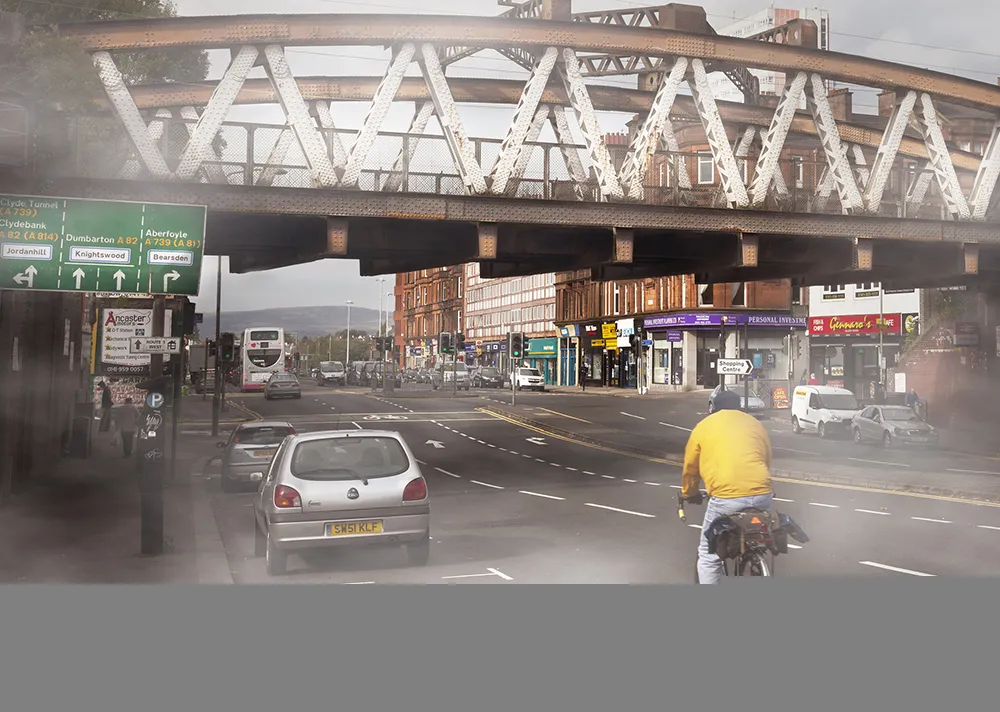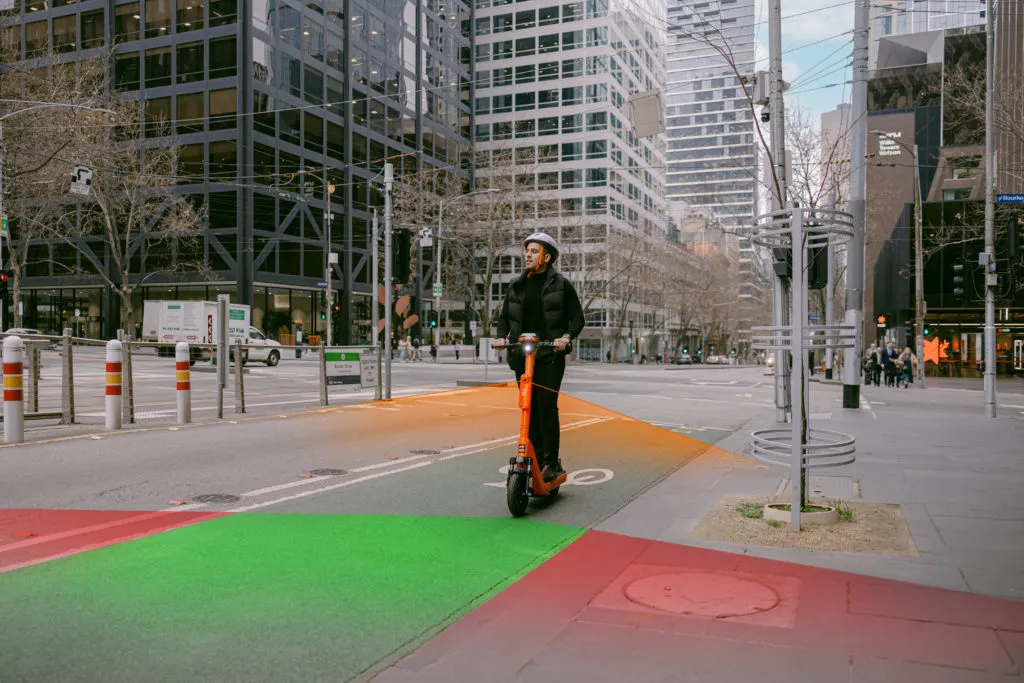
Flashing signs will warn drivers that cyclists are approaching an upcoming road junction or travelling in the cycleway ahead. This is a useful safety feature where a vehicle driver’s forward visibility is compromised by intrusive street furniture or buildings.
For the HI-TRAC CMU bicycle detection solution, in-road piezo-electric sensors are located around 25m away from every road leading to a major junction. When the sensors detect a cyclist approaching, they trigger flashing lights on triangular warning signs telling drivers to be aware. A location can have up to three warning signs.
Safety is seen as the main barrier to people cycling more frequently, explained Christine Francis, head of technical services for Glasgow City Council. “Improving cyclist safety is a cornerstone of our efforts to promote a shift to more sustainable forms of transportation.”
Since 2016 Glasgow has been trying to improve cyclists’ safety by adopting "an integrated system that gives priority to cyclists at signalised crossings”, said Francis. “Glasgow City Council was the first local authority in the UK to install cycle activated electronic signage on the road network.”
The sites were selected based on historical data and the potential to prevent incursions between bikes and other vehicles. The system is also being deployed at pedestrian underpasses to warn cyclists to slow down and be cautious of pedestrians. The accuracy of the Q-Free equipment has also led to the replacement of Glasgow's suite of induction loop cycle counters. The project team says that findings from an early installation at a junction show vehicle and cycle conflicts were reduced from 17% to 8%. The number of vehicles failing to yield to oncoming cyclists fell from 35% to 22%.








